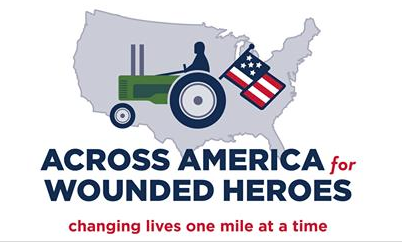 Area departments participating in Take Back Initiative on Saturday
Area departments participating in Take Back Initiative on Saturday
This week is the ideal time to clean out your medicine cabinets: Several area police departments are participating Saturday in the National Drug Take Back Initiative.
Sponsored by the Drug Enforcement Administration (DEA), the program provides a safe opportunity for disposing of unwanted medication, an option that helps prevent abuse.
“Unfortunately, many of our young people who become dependent on prescription drugs usually obtain them early on from a family member’s medicine cabinet, which is a convenient source,” said Kennett Square Police Chief Edward A. Zunino. “People from all walks of life have also have become dependent on prescription pain medication post-surgical or because of other medical events. Prescription drug abuse and addiction is indiscriminate, having no limitations on age, race, occupation, financial or social status.”
On Saturday from 10 a.m. to 2 p.m., area residents can prevent pill abuse and theft by ridding their homes of potentially dangerous expired, unused, and unwanted prescription drugs at the Kennett Square Police Department, 115 N. Broad St., Kennett Square; the New Garden Township Police Department, which will set up at the Giant grocery store, 350 Scarlett Rd., Kennett Square, in the New Garden Shopping Center, or the Embreeville barracks of the state police, 997 Lieds Rd., Coatesville. The service is free and anonymous, with no questions asked.
Last September, Americans turned in 244 tons of prescription drugs at over 5,200 sites operated by the DEA and its thousands of state and local law enforcement partners. In its five previous Take Back events, DEA and its partners took in over 2 million pounds—over a thousand tons—of pills, according to the DEA web site.
Law-enforcement officials warn that medicines that languish in home cabinets are highly susceptible to diversion, misuse, and abuse. Rates of prescription drug abuse in the U.S. are alarmingly high, as are the number of accidental poisonings and overdoses due to these drugs.
Studies show that a majority of abused prescription drugs are obtained from family and friends, including home medicine cabinets. In addition, Americans are now advised that their usual methods for disposing of unused medicines — flushing them down the toilet or throwing them in the trash — both pose potential safety and health hazards, the web site said.
The prescription drugs that are turned in at collection sites are boxed up in special containers and delivered to a DEA main collection site for disposal, Zunino said.
Four days after the first Take Back event, Congress passed the Secure and Responsible Drug Disposal Act of 2010, which amends the Controlled Substances Act to allow an “ultimate user” of controlled substance medications to dispose of them by delivering them to entities authorized by the Attorney General to accept them. The Act also allows the Attorney General to authorize long-term care facilities to dispose of their residents’ controlled substances in certain instances. DEA is drafting regulations to implement the Act.
Until new regulations are in place, local law enforcement agencies, such as the Kennett Square and New Garden Township Police Departments, will continue to hold prescription drug take-back events every few months, Zunino said.





